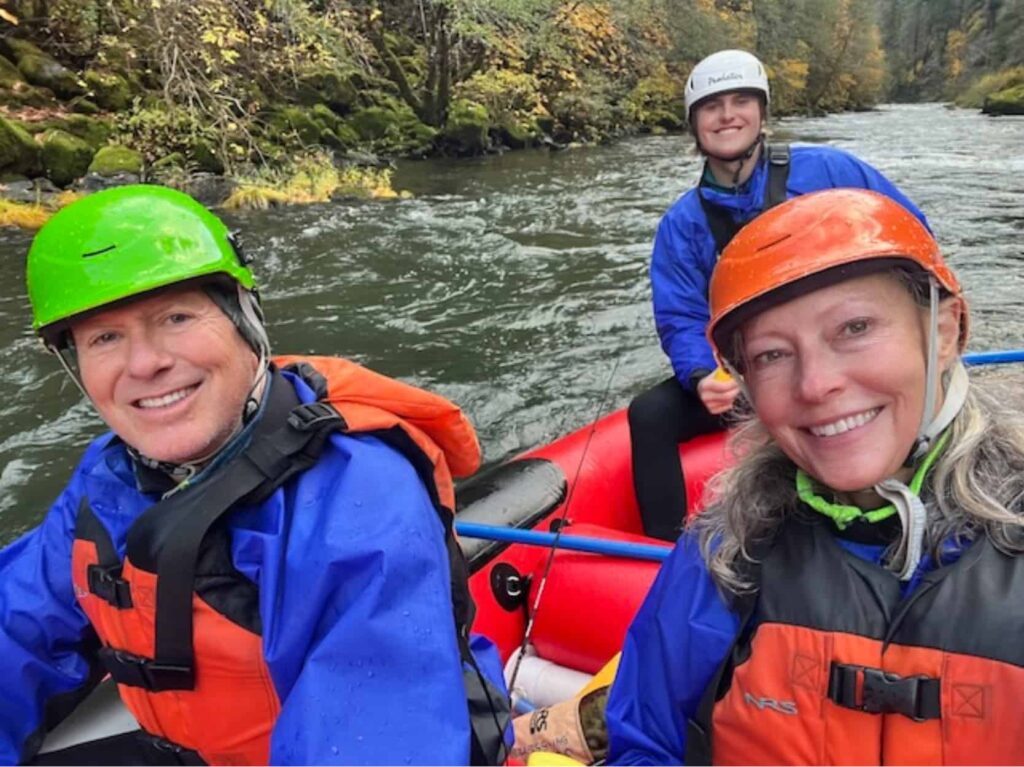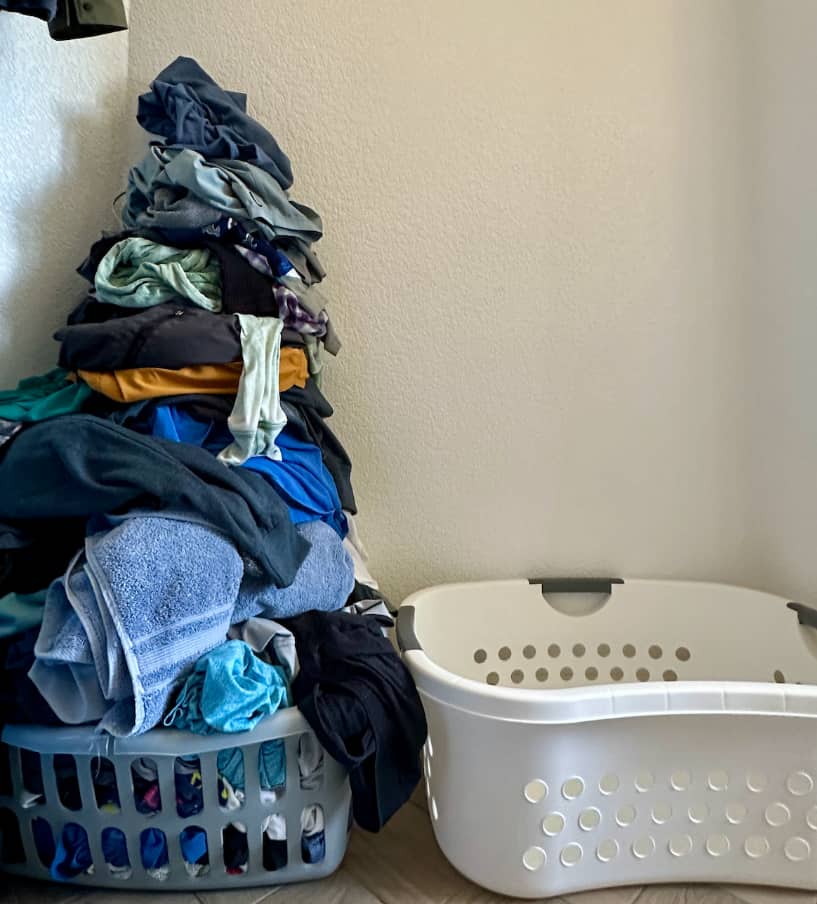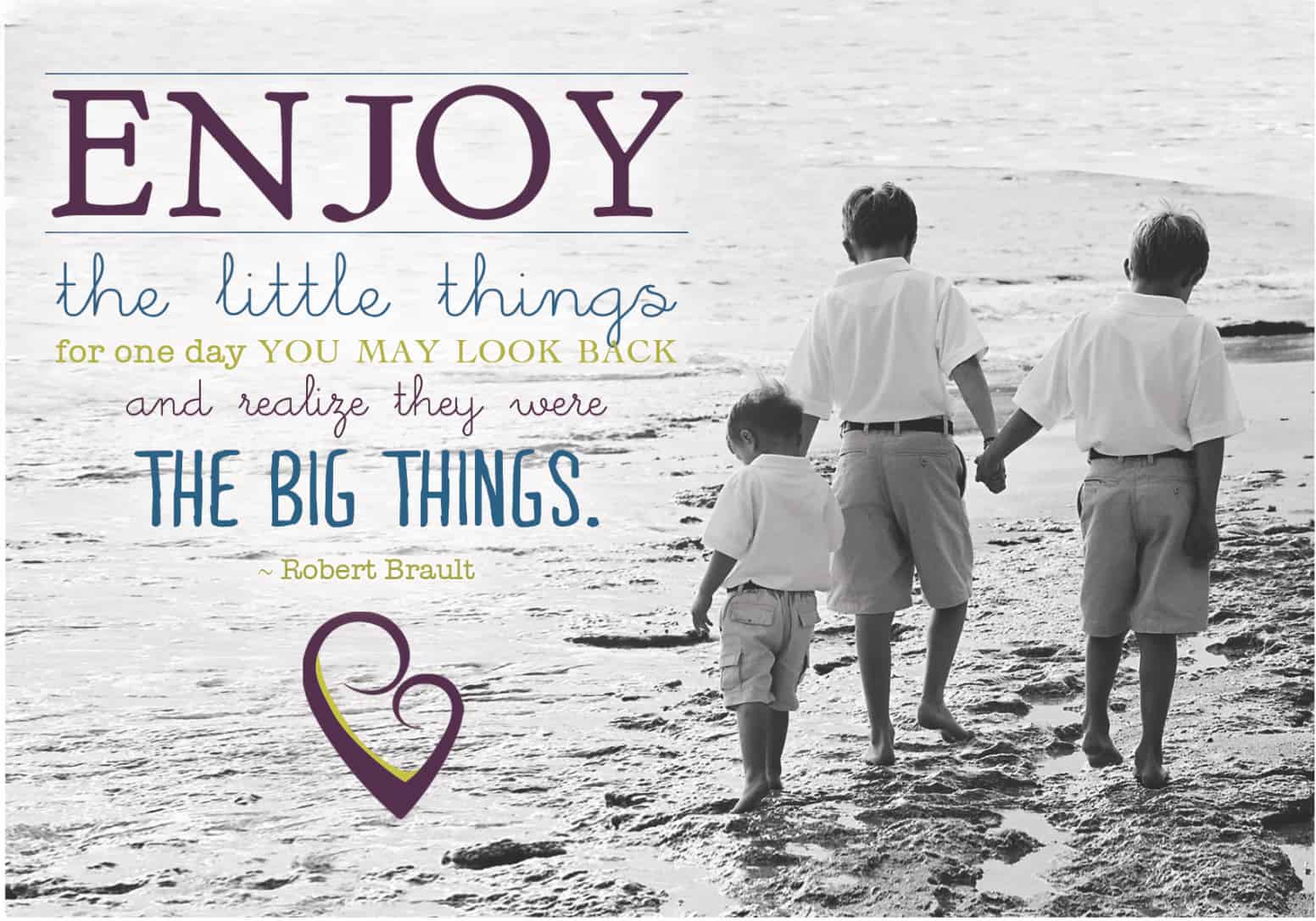here sat my stepson during our visit to his university in Oregon, eager to get back on the river. We’d spent the previous day freezing in cold air and colder water, but he was ready for more.
Now here my partner and I were, the next morning, warm and cozy in our RV on a cold, drizzly day, and my stepson is suggesting we go rafting. Again.
“It will be cold,” I told myself. “I will be uncomfortable. I will have to wrestle myself into a damp, cold wetsuit yet again. We will be encountering Class IV rapids, so I will be scared.” There is no middle ground; we can’t “sort of” go rafting. We either stay in or we go out. A decision must be made.
Three hours later, I’m laughing as we dodge rocks and “strainers” (fallen logs) on the Umpqua River. Class II rapids don’t faze me anymore, and Class III’s choppy water have become pure fun. Although “Pinball,” the Class IV rapid ahead, still makes me nervous and my fingers are freezing, I’m having a blast. I’m also in awe of the beauty surrounding me. I’m so glad I chose the discomfort because now I get to feel joy.

As with almost everything, I’m noodling on how this relates to parenting. For so many of us, we have the privilege of not getting too uncomfortable very often. Many of us are largely able to keep our kids pretty comfortable with their needs met. And that might be setting them up for a harder path later. When kids don’t HAVE to get gritty and help out around the house, have challenging jobs, make amends for mistakes, save for big purchases, do things that stretch their comfort zone… they learn that “comfortable” is their safe zone. And “comfortable” can be a very small zone.
Think about something big you’ve accomplished that you’re really proud of. Maybe it’s a degree, a race, a fitness challenge, a job, a company, or raising a family. Whatever it is, I bet you didn’t get there by staying comfortable.
Now, how did you get that big challenge done? Was someone walking you through every step of the way, clearing the path in front of you? Or did you choose to hang in there, keep going, power through the hard stretches, put in the hours, and keep going until you got ‘er done? I’ve experienced this pattern in my own life – whether circumnavigating the globe, riding my bike from Virginia to Denver, or starting my therapy practice from scratch. Each of these achievements required pushing through significant discomfort and uncertainty. On the other side of discomfort, however, I found great satisfaction and confidence. And I’m guessing you did, too?
My point is this: if we want our kids to get comfortable with taking on big challenges and doing things they are proud of, it behooves us to give them ample opportunities to try new things, get uncomfortable, and stretch themselves while they are young. Doing so broadens the scope of where they feel comfortable. Putting on that wetsuit and braving the cold again led to me feeling so much more relaxed on the river. I no longer felt fear about the Class I, II, and II rapids. (The Class IV still scared me, but we got through that one, too!)
This doesn’t mean we fling our kids out there with no support; we still provide love and encouragement. But we let them get uncomfortable. When we resist the urge to smooth every path while staying emotionally present, we give our children two precious gifts: the confidence that comes from overcoming challenges, and the security of knowing they’re not alone in their struggles. Our job as parents is not to keep kids comfortable, it is to make sure they don’t go through hard times without being seen.












